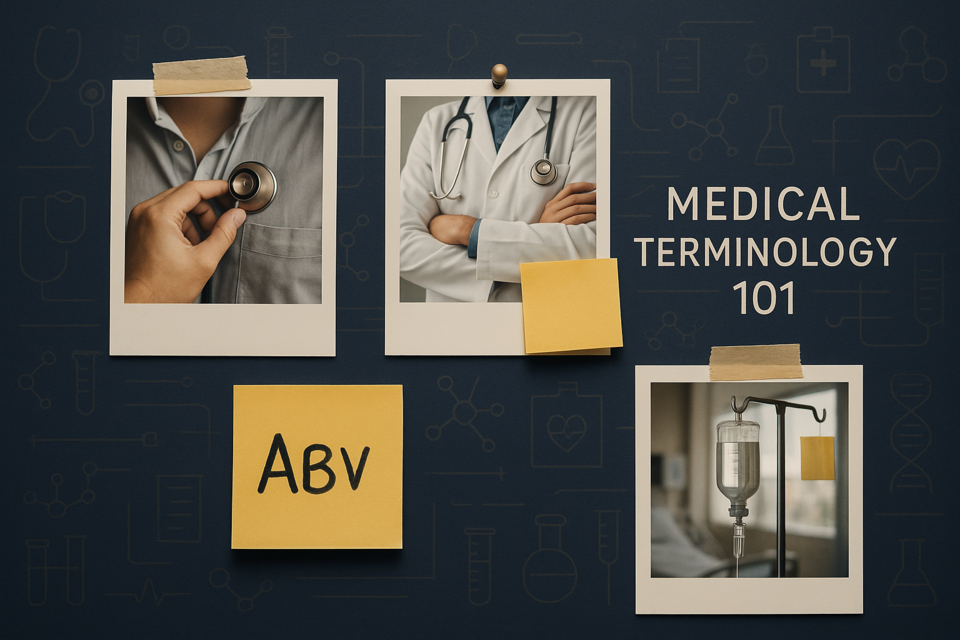Medical Terminology 101
Master the Language of Medicine, Transform Your Career

18 Hours average completion time
1.8 CEUs
15 Lessons
30 Exams & Assignments
1585 Discussions
14 Videos
170 Articles
Mobile Friendly
Last Updated December 2025
Medical Terminology: The Language of Healthcare
In the intricate world of healthcare, the precision of language is paramount. It's not just about understanding the language; it's about being fluent in it. According to the Joint Commission, communication errors were the leading cause of medical errors, which could have been prevented. As the healthcare environment evolves, so does its lexicon. Whether you're a budding medical professional or an established one, mastering the medical terminology is crucial.
About the Course
Our course is meticulously designed to serve as the bridge between the common man and medical professionals, ensuring clarity, precision, and confidence in medical communication. In a world where a slight miscommunication can lead to significant consequences, this course equips you with the linguistic tools to excel in any health and science career.
Engage with an enriching mix of rich text, illustrative pictures, comprehensive diagrams, HD video lectures, and interactive assignments and exams. This blended learning experience ensures that not only do you absorb the information but can also apply it in real-world situations.
Course Highlights:
-
Foundational Insight: Kick start with the basics of medical language, understanding the prefixes, suffixes, and word roots that form the bedrock of medical terms.
-
Body Systems: Dive deep into the intricacies of various body systems. For instance, when studying the cardiovascular system, understand terms like 'cardiomyopathy' not just as a word, but what it means - 'cardio-' (heart), '-myo-' (muscle), '-pathy' (disease).
-
Disease Dynamics: Unpack the nuances between health, wellness, and disease terminologies, ensuring clarity in documentation and communication.
-
Medical Instruments: A unique aspect of this course is understanding the tools of the trade. Know the difference between a stethoscope and an otoscope, ensuring you're always a step ahead in clinical situations.
Who Should Enroll?
-
Aspiring Medical Professionals: If you're charting a path in medical transcription, billing, coding, or any medical support role, this course is your starting point.
-
Existing Medical Personnel: For doctors, nurses, dentists, and others who wish to refine their medical language precision.
-
Students: Preparing for anatomy, physiology classes, or looking for a head start before medical college? We've got you covered.
-
Medical Enthusiasts: If you have an insatiable curiosity about medical language, this course is your gateway.
What Sets This Course Apart?
We believe in the mantra of 'learning at your own pace.' Our user-friendly format ensures you get a solid foundation in medical language without the pressures of traditional classroom settings. With a blend of well-crafted written content, illustrative media, and interactive elements, you're not just reading or watching - you're engaging, understanding, and mastering.
Course Breakdown:
-
Building Blocks: Lessons 1-2 lay the foundation, from medical basics to understanding word roots.
-
Body Systems Deep Dive: Lessons 3-12 delve into the different body systems, ensuring you're well-versed with terms from cardiovascular to reproductive systems.
-
Advanced Modules: Lessons 13-14 cover the detailed examination, instrumentation, and more to give you an edge in practical situations.
-
Assessment: Lesson 15, the final exam, is where you showcase your medical terminology prowess.
Your Journey Starts Here
Embark on a transformative journey through the annals of medical language. Dive deep into the terminologies that form the backbone of healthcare communication. With our course, you're not just learning; you're preparing to make a difference in the world of healthcare. Enroll today and take the first step towards mastering the language of medicine.
- Enhanced medical vocabulary proficiency
- Accurate medical communication skills
- Effective anatomical navigation
- Proficient in body systems' terminologies
- Understanding complex medical terms
- Clarifying disease terminology
- Practical application in healthcare scenarios
- Distinguishing medical instruments
- Recognizing vital signs and symptoms
-

Estate Planning
-

Nonfiction Writing 101
-

Feng Shui 101
-

The World of Chemistry: From Atoms to Answers
-

Geography 101
-
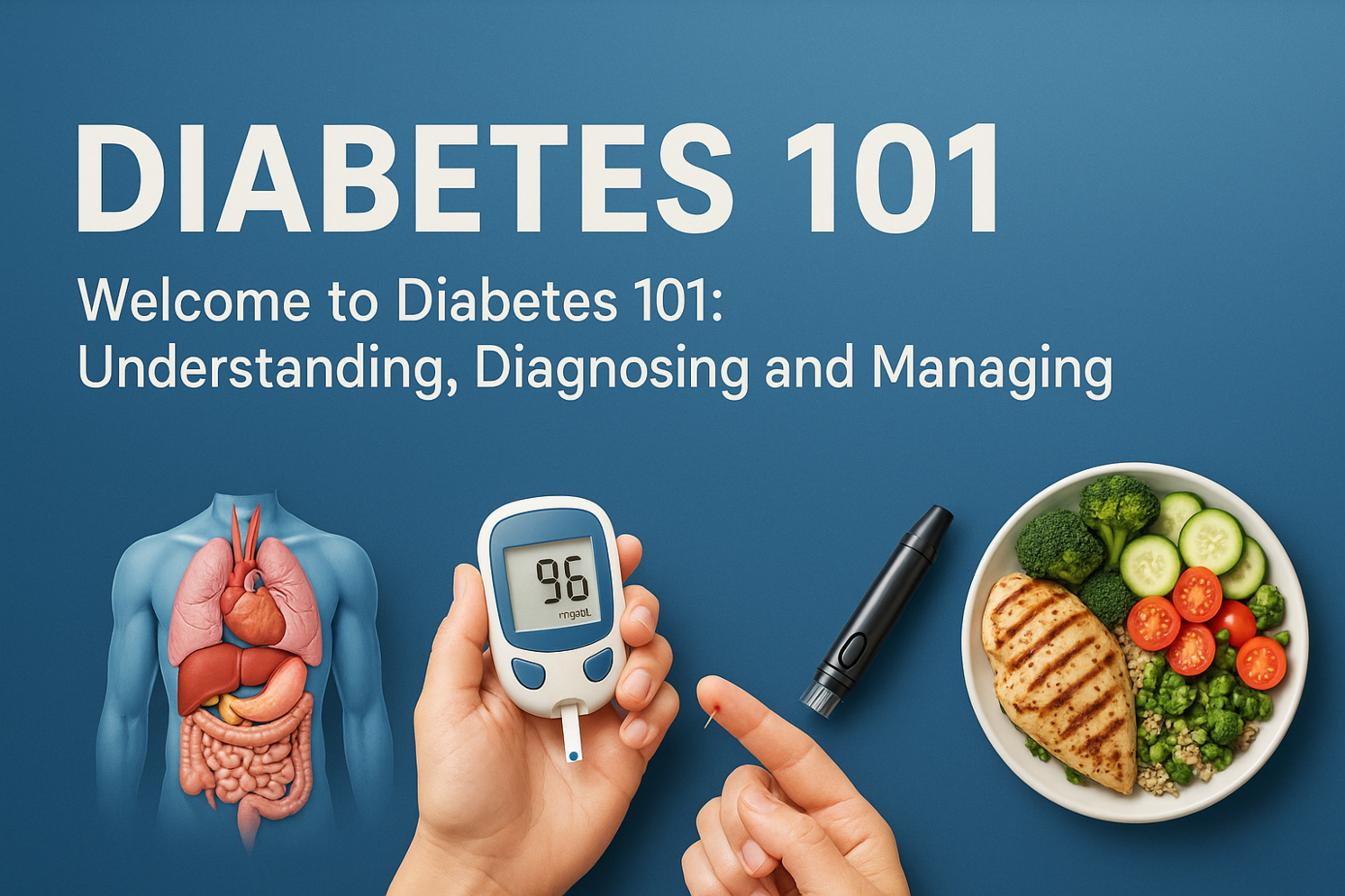
Diabetes 101
-

ABCs of Physics
-
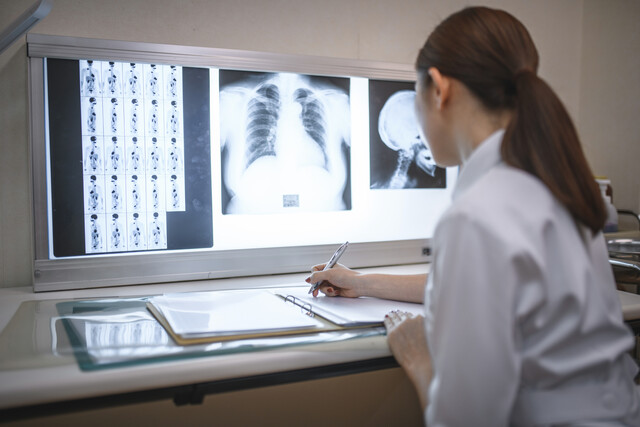
Comprehensive Medical Terminology 1 & 2
-

Advocacy for Elderly Patients
-
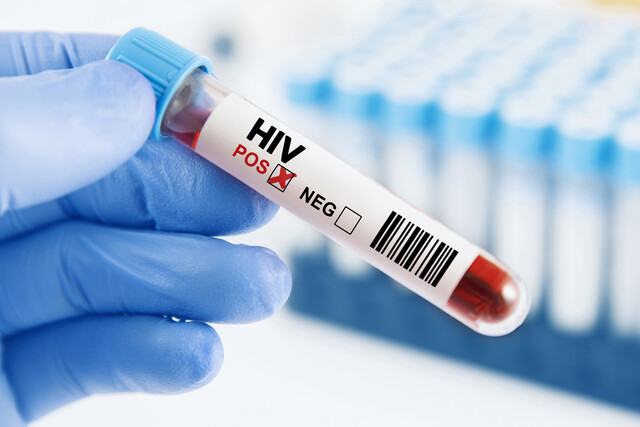
Caring for Patients with HIV/AIDS
-

Vegetarian Living: Discover the World Beyond Meat
-

CPT Coding for Beginners
-

Sensitivity Training for the Workplace
-

General Receptionist
-

Virtual Assistant 101
-
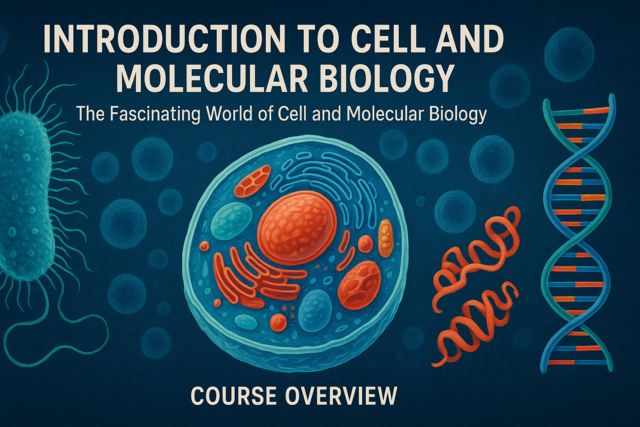
Introduction to Cell and Molecular Biology
-
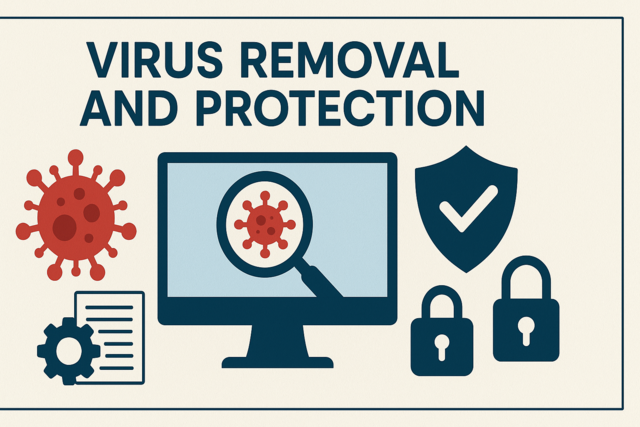
Virus Removal and Protection
-

Microbiology Mastery: Unlocking the Foundations of Life
-

Aging and Long Term Care
-

Understanding Addictions
-

Medical Office Management
-

Biology 360: From Molecules to Ecosystems
-

Problem Solving Strategies
-

Caring for Seniors
-

ESL Basic Writing Skills
